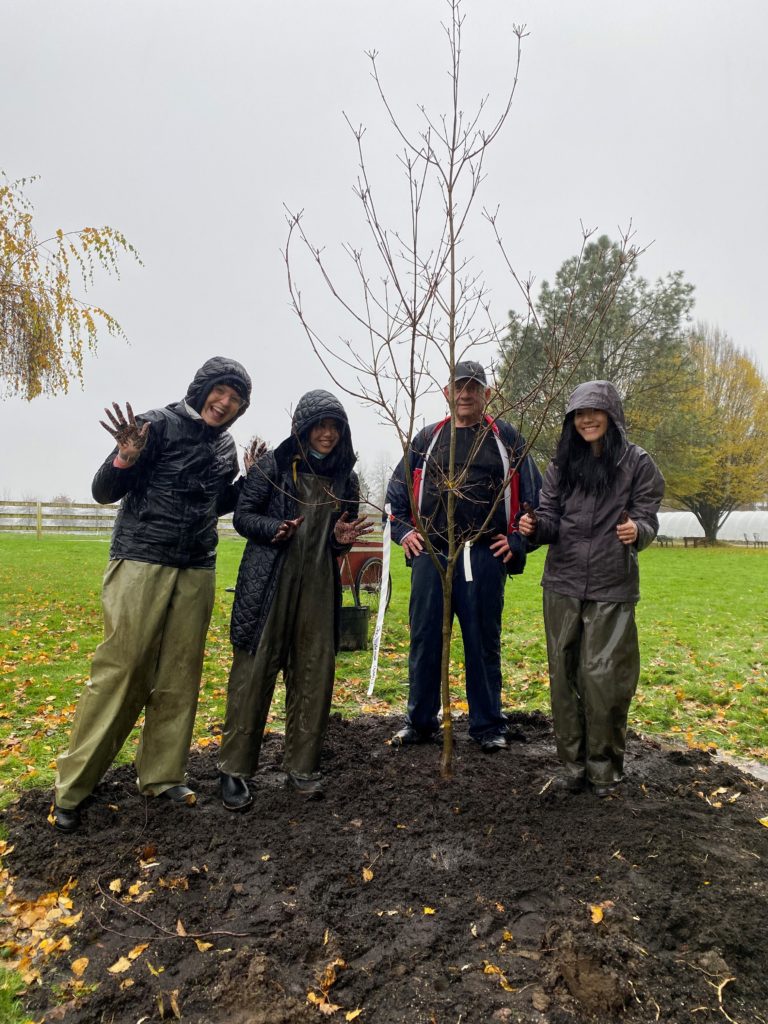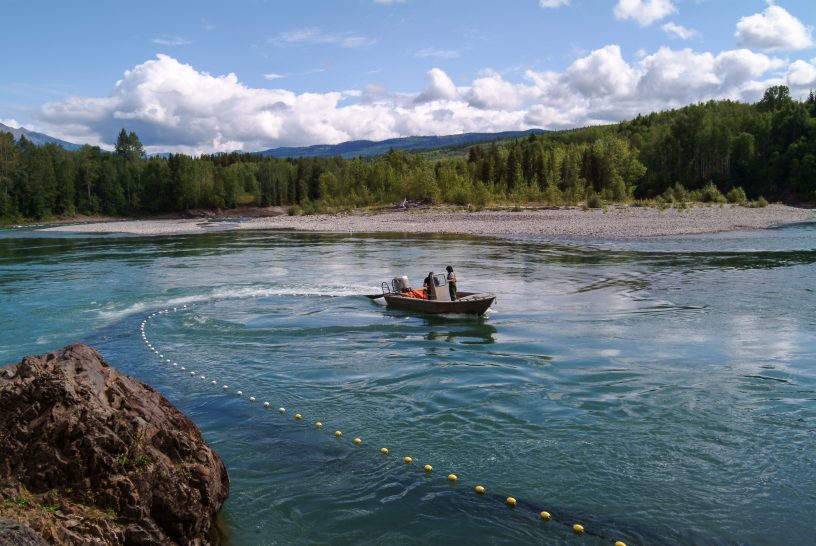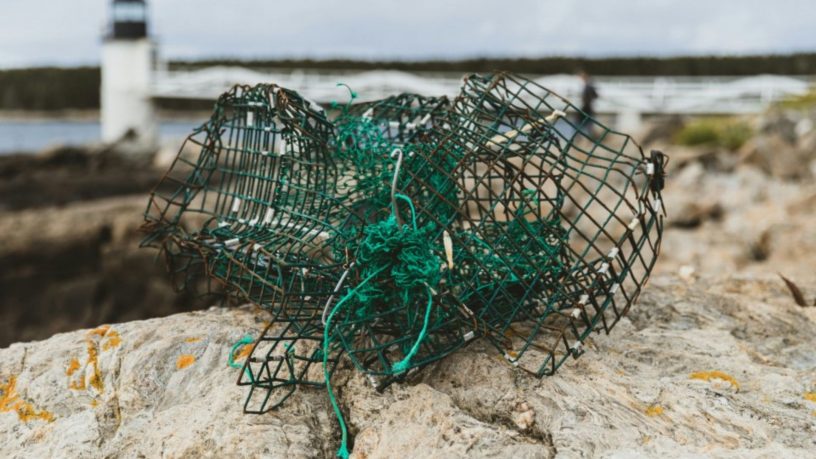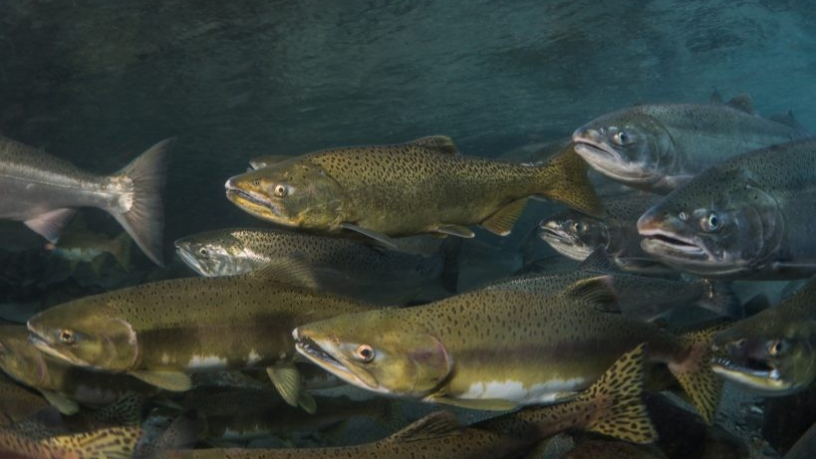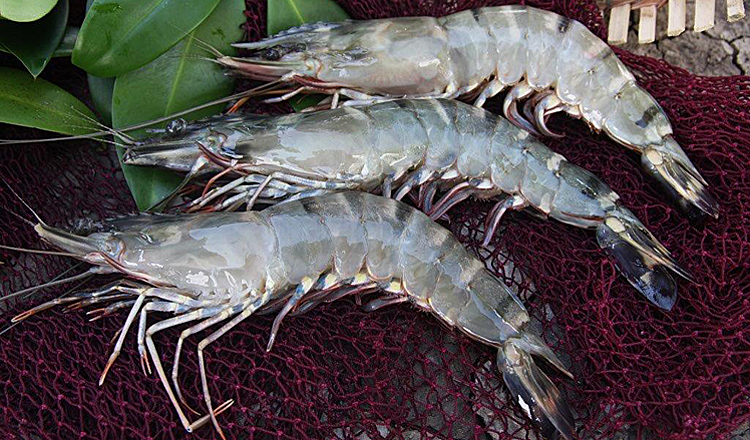
Giving Tiger Prawns a New Name
When you hear the words “tiger prawns,” what comes to mind? Do you think of an unsustainable seafood choice that’s historically been known to result in habitat damage?
It’s easy to understand why, since conventional farmed shrimp production has been known to result in negative impacts to the environment, including the destruction of mangrove forests, pollution being released to the surrounding environment and other effects.
Although much of this may still hold true in certain areas, there’s one initiative that’s working to give tiger prawns a new name – literally. In southern Vietnam, progressive mangrove forest management has resulted in a sustainable black tiger prawn option. Integrated mangrove forest shrimp rearing, referred to as a ‘silvofishery’, is a traditional shrimp production method combining mangrove forest stewardship with natural aquaculture.
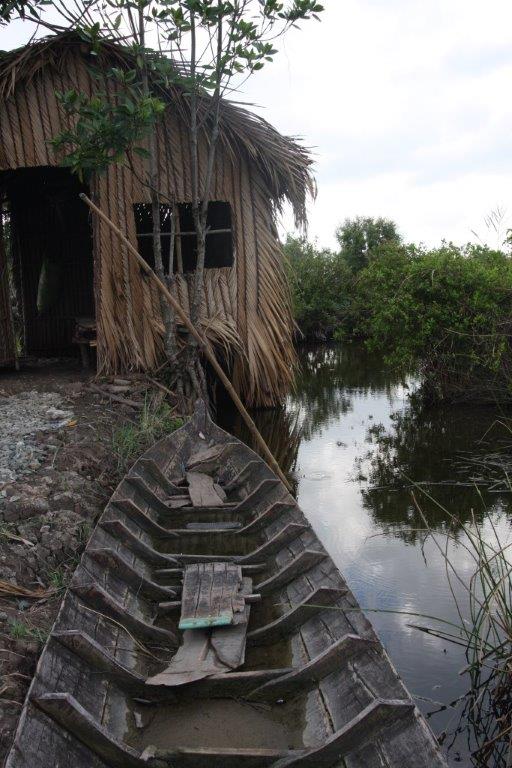 In this system, mangrove forests are maintained, contributing to flood control, shoreline stabilization, structural habitat, shelter and increased system productivity. This creates an ideal environment for the black tiger prawns to thrive. The prawns feed on the naturally occurring plants and small animals in the mangrove system, with no external inputs such as feed, fertilizers and chemicals.
In this system, mangrove forests are maintained, contributing to flood control, shoreline stabilization, structural habitat, shelter and increased system productivity. This creates an ideal environment for the black tiger prawns to thrive. The prawns feed on the naturally occurring plants and small animals in the mangrove system, with no external inputs such as feed, fertilizers and chemicals.
These black tiger prawns being cultivated in mangrove forests in southern Vietnam. Selva Shrimp®, produced through a unique program developed by Blueyou Consulting, is the first and only Ocean Wise recommended tiger prawn species, and is now available in North America. With little intervention, Selva Shrimp® black tiger prawns are also known for their exquisite taste and texture.
Not only are Selva Shrimp® black tiger prawns a sustainable Ocean Wise recommended seafood choice, but they also create a direct link between consumers and small-holder farming communities in Southeast Asia. The program creates economic incentives to support and improve the conditions for small-scale shrimp farmers, and the more effective conservation of mangrove forests in coastal habitats.
Establishments in Victoria, B.C. are early adopters offering this sustainable option, but other markets throughout North America are jumping on board as well. For more information on this species and where it’s available in Canada, visit Ocean Wise’s website here.
Posted January 6, 2014 by Ocean Wise
